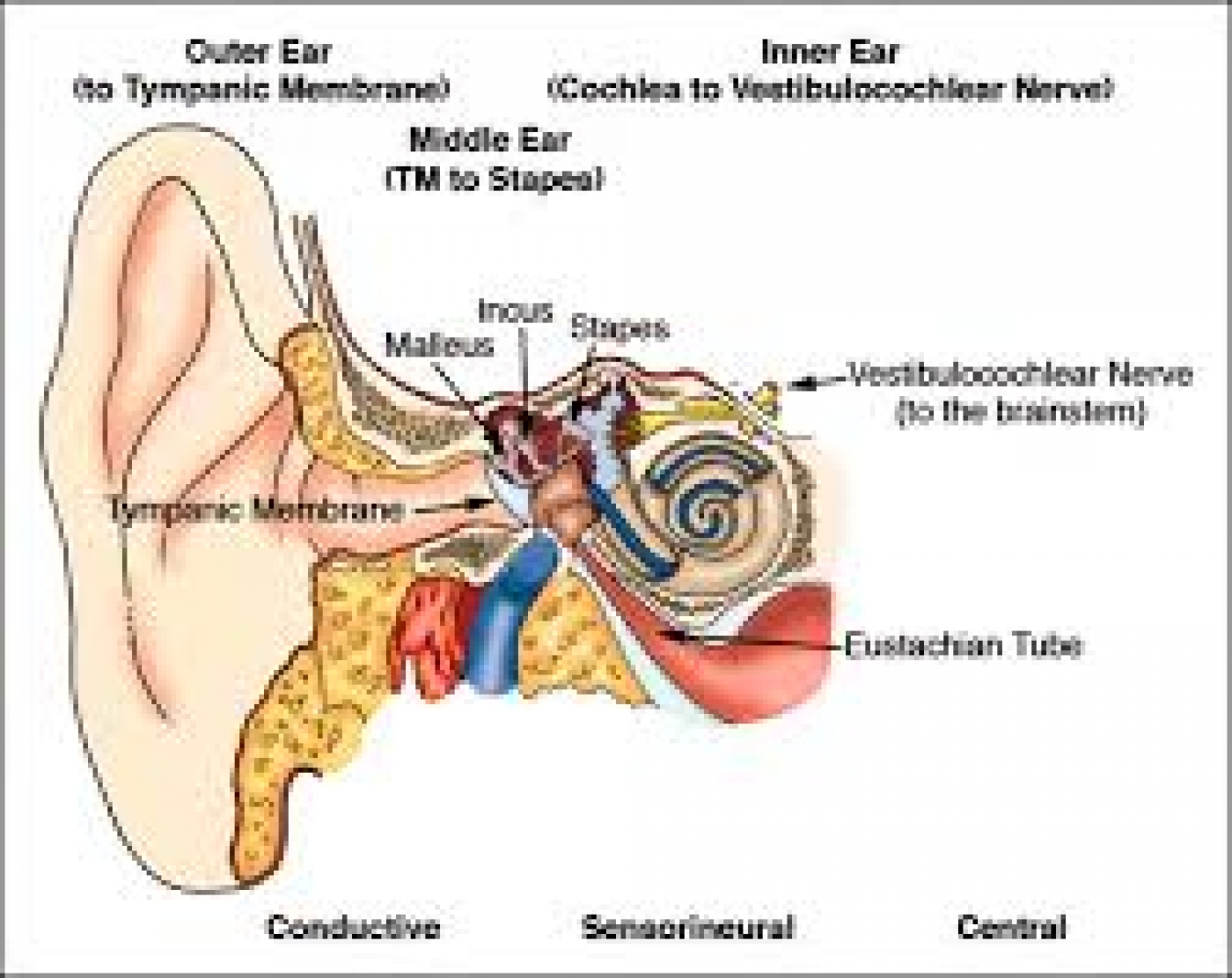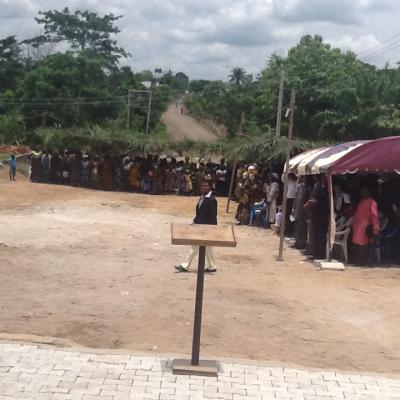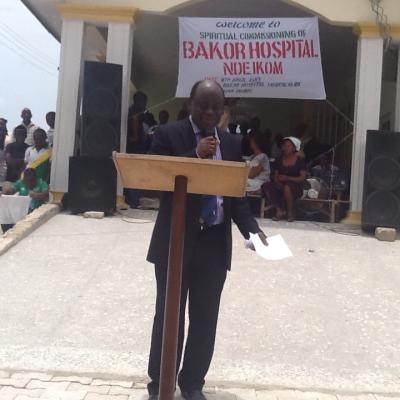Speaking on a live TV interview on Tuesday, the clinical audiologist noted that screening for hearing loss immediately after a child is born can help prevent long-term health and growth challenges.
Afolabi was speaking on the significance of the 2021 World Hearing Day themed: ‘Hearing For All’.
The World Hearing Day is held every March 3. It is a date set aside by the World Health Organisation to raise awareness of how to prevent deafness and hearing loss as well as how to promote ear and hearing care globally.
Afolabi said, “We want to emphasise the need for screening for hearing loss, especially in children.
“The screening should be done immediately a child is born and if it could not be done, it can be done within two months after birth.
“We want parents to know that children who have jaundice, measles and meningitis at birth or those delivered after prolonged labour are prone to hearing loss and should be screened.
“We need to screen them and if the screening result shows that they have hearing problem, they should be promptly and properly treated.
“We should not allow them to grow up like that. If we don’t treat them properly immediately, they are at risk of not developing normally and may also not have normal educational life.
“There are important milestones for children and achieving these milestones easily depend on them having good health.
“Such milestones include learning to speak, which is very important. A child with hearing loss will not be able to speak properly on time”.
Dr. Afolabi stated further that hearing loss screening can be done in most of the teaching hospitals.
“Access to hearing loss screening is not a problem. It can be done in most teaching hospitals and even some private hospitals.
“The type of hearing loss diagnosed after the screening will determine the treatment option.
“While some children may require a hearing aid, some may need a surgical operation. What is important is that people should not leave children with a hearing problem untreated because the problem can be solved,” he said.
According to the WHO, around 466 million people worldwide have disabling hearing loss, and 34 million of these are children.
WHO estimated that by 2050 over 900 million people will have disabling hearing loss.
Hearing loss, WHO stated, may result from genetic causes, complications at birth, certain infectious diseases, chronic ear infections, the use of particular drugs, exposure to excessive noise, and ageing.
“60 percent of childhood hearing loss is due to preventable causes. Over one billion young people (aged between 12–35 years) are at risk of hearing loss due to exposure to noise in recreational settings.
“Unaddressed hearing loss poses an annual global cost of US$ 750 billion. Interventions to prevent, identify and address hearing loss are cost-effective and can bring great benefit to individuals.
“People with hearing loss benefit from early identification; use of hearing aids, cochlear implants and other assistive devices; captioning and sign language; and other forms of educational and social support.
“Current estimates suggest an 83 percent gap in hearing aid need and use,” WHO said.
source: punch




